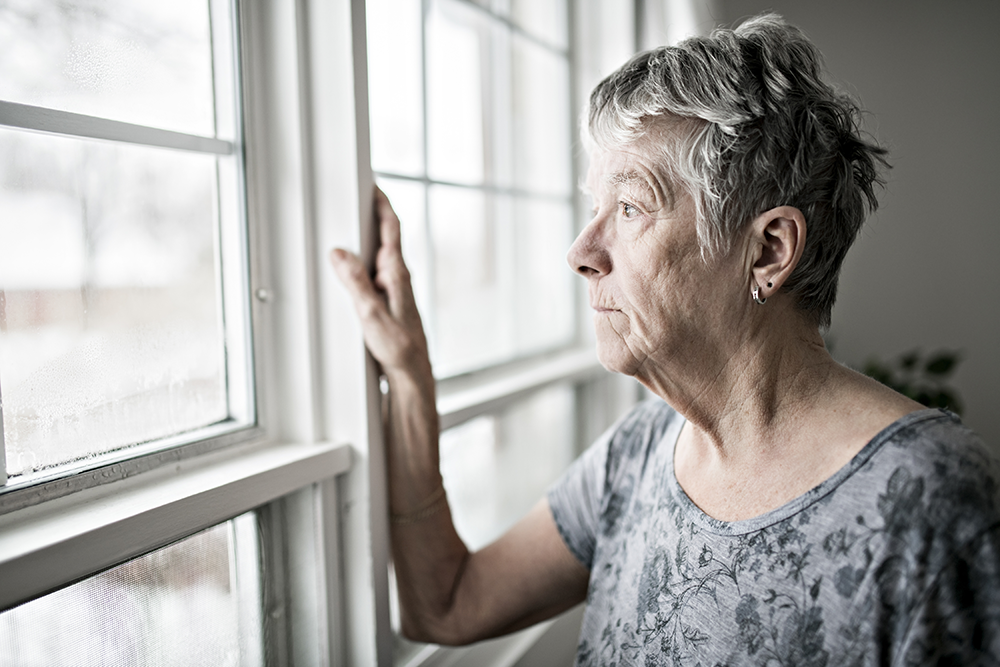When Does Grief Become Depression?
Grief is a painful experience that can cause a prolonged period of sadness. However, it is a temporary state and people usually accept the loss. While the process may take some time, it doesn’t linger for years and actively compromise your quality of life. At Willowbrook Cemetery, we have seen people unable to recover from the pain slip into depression. It is important to be aware of the signs and take steps to recover.
Difference Between Grief And Depression
Grief and depression are two different mental states but they look very alike. People suffering from them often cry, struggle to sleep, experience nightmares, and have a poor appetite. However, grief is an active emotional response to a loss while depression is a state of mind caused by a chemical imbalance in the brain.
Many people have unacknowledged mental health issues that come to light when they experience grief. For example, if you are in a depressive state for an extended period after the loss of a loved one, it is probably because you had undiagnosed depression before the loss.
When Does Grief Become Depression?
Grief becomes depression if you feel disconnected and detached from your support system. If they constantly lack energy, struggle to focus on everyday activities, and have self-sabotaging tendencies, consider visiting a therapist for assistance. When a person slips into depression, their deceased loved one is no longer the focus of their pain. They are affected because they feel isolated, lost, and unmotivated.
It is also important to keep track of suicidal thoughts because they are also a big sign of clinical depression. Seek help and build a support system to improve your mental health.
If you want to know more or need to book a service, just give us at Willowbrook Cemetery a call at (203) 222-8646 or contact us through our online form.





Comments